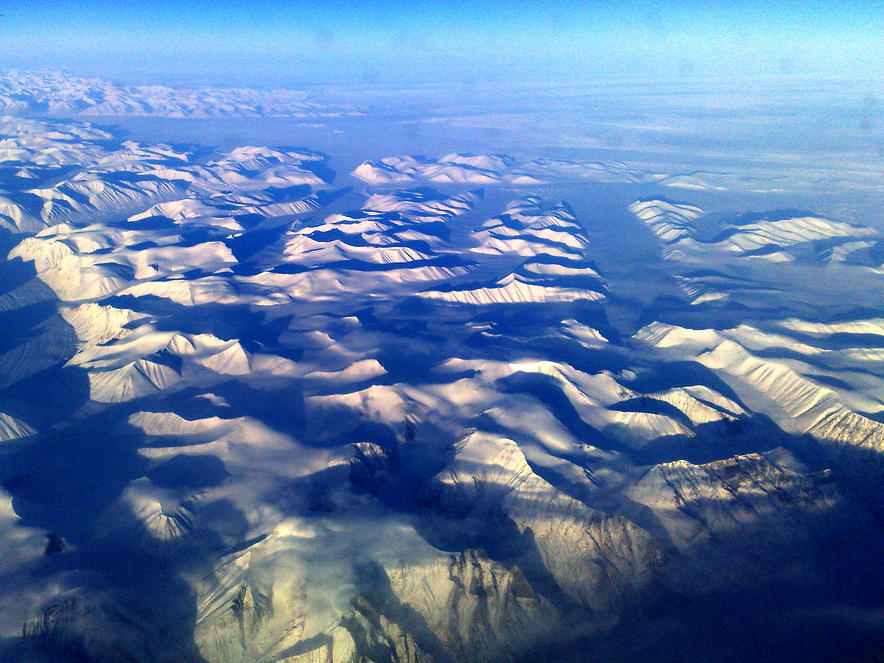Climate change is causing species to shift their distributions up to three times faster than previously thought, according to a paper published in the journal Science.
Several studies have observed that plant and animal species appear to have shifted their distributions uphill, to higher elevations, or towards the poles, to higher latitudes, in recent decades, but is this incidental, or could it be a worldwide phenomenon driven by climate change?
In order to tackle this question, researchers from Thailand and the UK collected and analysed information about the movement of over 2000 species of plants and animals from twenty years worth of studies based in different parts of the world. This enormous 'meta-analysis' revealed that the overall average rate of species movement towards the poles is 16.9 kilometres per decade, three times faster than previous estimates. The average rate of migration to higher elevations, 11 kilometres per decade, was also much higher than previously thought.
These results showed, for the first time, a strong link between these movements and the effects of a changing climate, with rates of movement matching up to the rates of temperature rise within most regions. 
"This study shows that these changes people have been talking about are continuing, and they are continuing very fast," said Professor Chris Thomas from the University of York, one of the researchers involved.
Although most of the species studied are moving in a polewards or uphill direction, 25% appear to buck the trend. Professor Thomas explained, "When we drill down into the data and look at individual species we find that some have hardly moved at all, and some have even retreated. So, we have to think about them responding [to climate change] in the context of all the other environmental changes that are going on."
It is thought that these movements will put many species at risk of extinction, and may contribute to an overall loss of biodiversity. Professor Thomas said, "When it comes to conservation we now need a more systematic assessment of which are the species that are most endangered, where they are and if there are any sensible conservation strategies that might be available."
Click to hear the full interview with Professor Chris Thomas










Comments
Add a comment